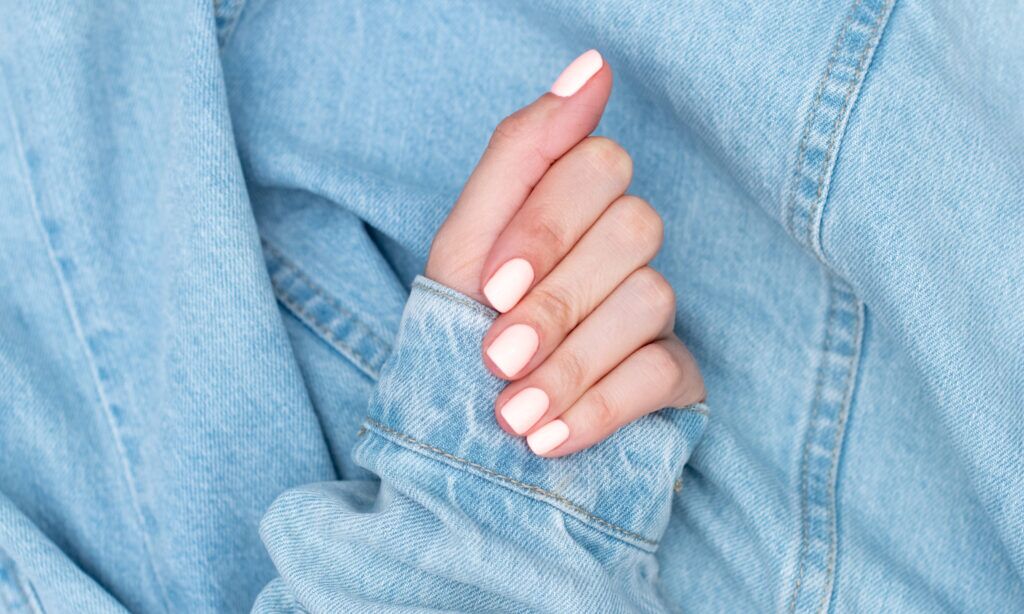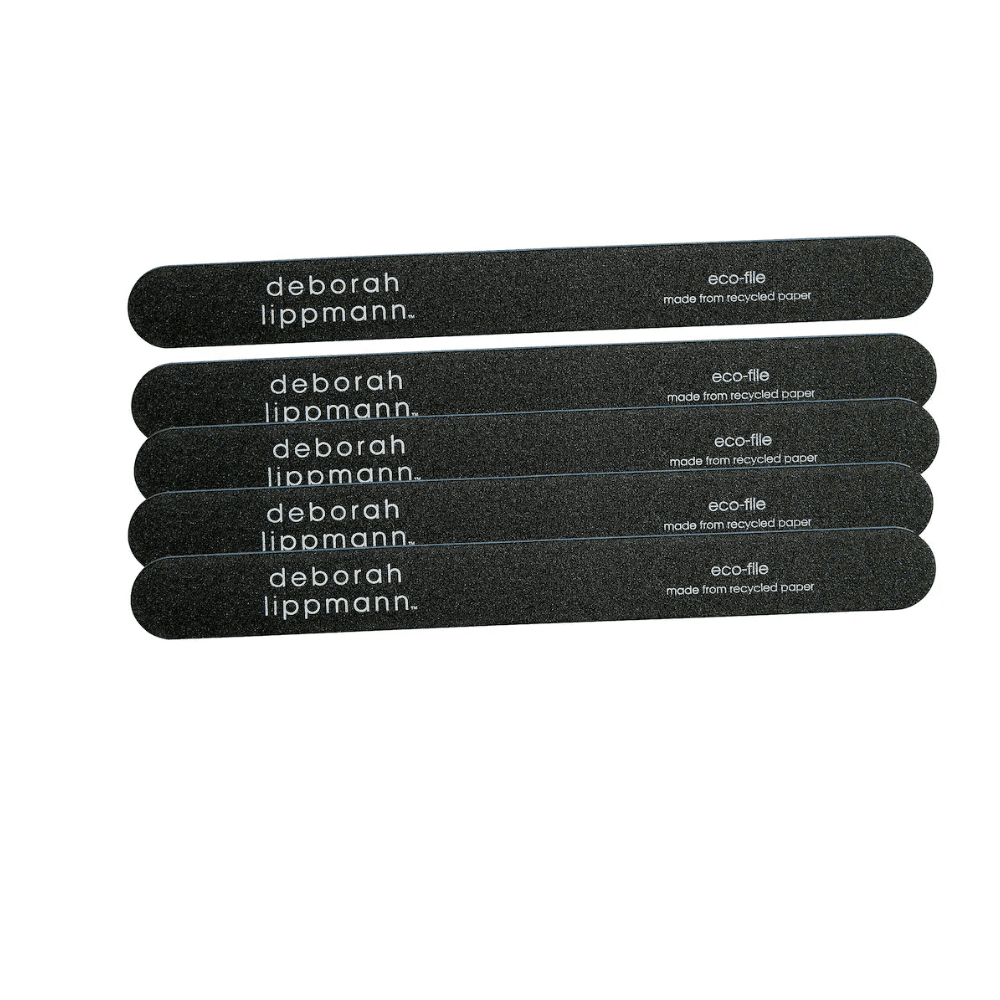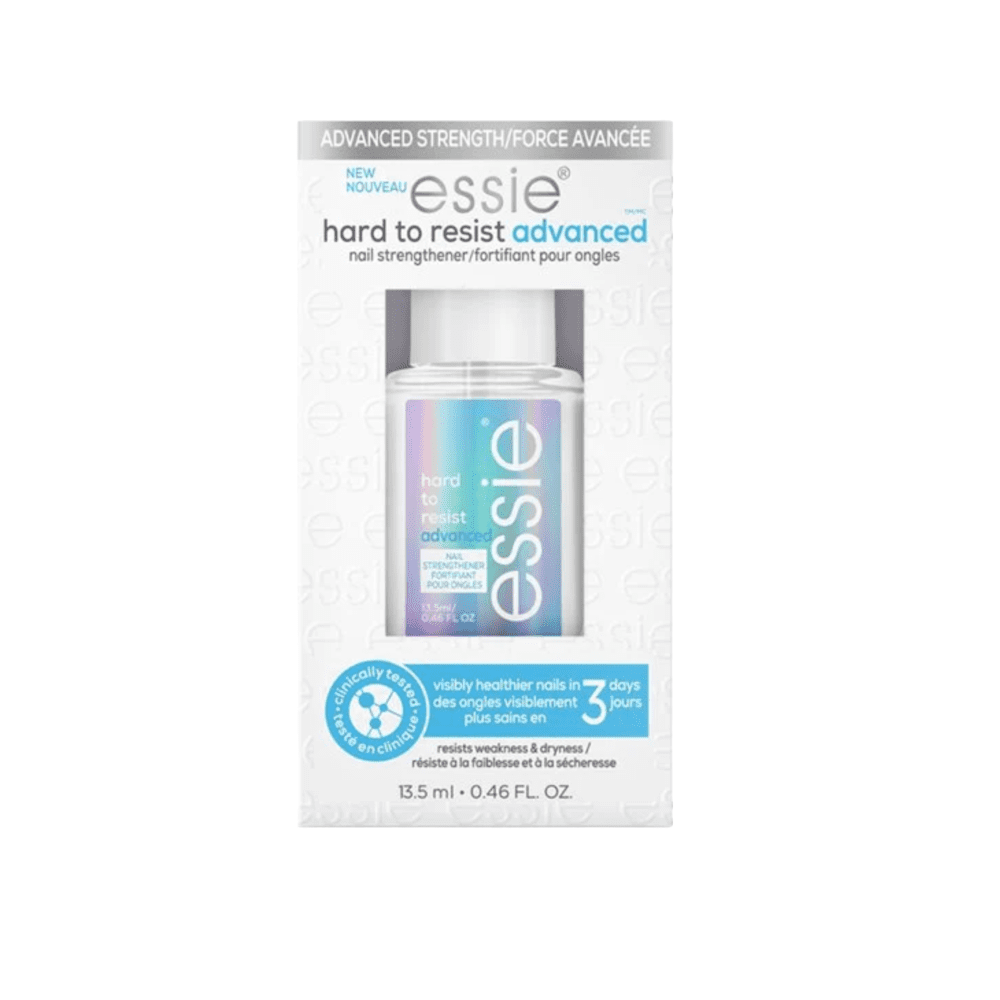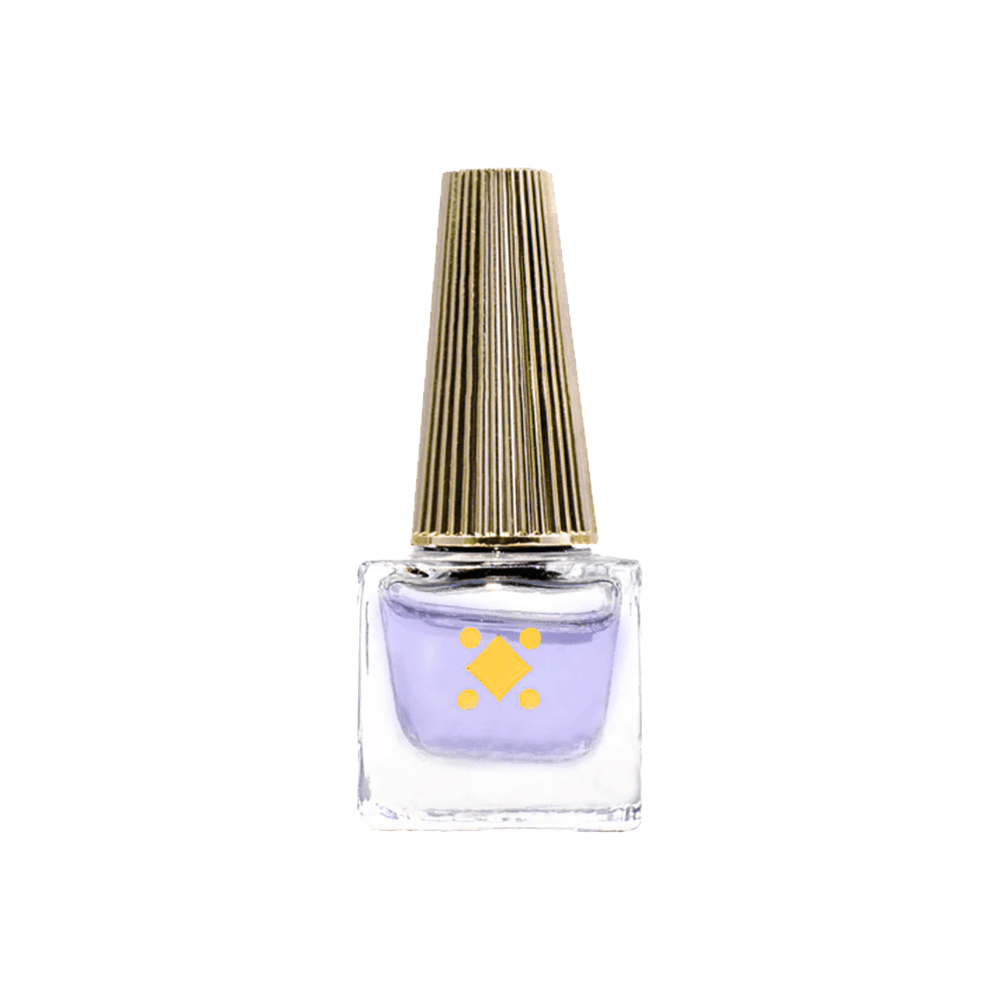

Kseniya Ovchinnikova / Getty Images
For years, gel polish manicures have been all the rage when it comes to salon manicures. Beloved for their long-lasting, chip-resistant formulas, gel polish has become somewhat of the norm for those who opt for regular, in-salon manis. But, if you’re anything like me, you’ve made the mistake of picking away at your gels once they get past their prime, leaving the natural nails beneath frail and damaged.
So, how does gel polish removal really work? Some nail techs opt to soak and others go in with a nail drill, but is there one right way to remove gel nails? And, if you can’t make it to the salon, how can you remove your gels safely? If these questions have been floating around your mind, we’ve got you covered. Ahead, nail experts walk us through all things gel nail removal.
Nail expert and founder of Deco Beauty, Julianna Dahbura explains that the two salon-approved ways to take off a gel nail are either through a soak-off method or via a nail drill. “Most individuals, especially newbies and DIYers, will opt for the soak off,” Dahbura explains. “In order to remove via soak, you need 100-percent pure acetone, cotton pads or balls, 10 small foil pieces, a cuticle pusher, scraper tool and a coarse nail file.”
While salons often use a nail drill to file off the layers of gel and quickly and efficiently buff away the old mani, not many have a salon-grade nail drill in their back pocket. Luckily, our nail experts have the run down on how to safely remove gels at home using the soak off method.
“First, file off the top layer of the gel to remove the glossy layer, which will help acetone penetrate deeper and faster,” Julianna begins. “A coarse file will make this quick but in a pinch any file will do.” Nail expert and V Beauty Pure Educator Lonna Janee reiterates the importance of removing the top layer of polish, explaining that “the acetone won’t penetrate the topcoat, so it’s important you do this step. You also want to be careful when doing this because you’re working with the natural nail plate and you don’t want to damage your nails.”
Next, soak a cotton pad in acetone, apply to the nail and wrap it up with aluminum foil. Dahbura recommends checking in on the soak progress about 15 minutes after you begin by lifting the foil to see if the gel is easily peeling when exposed to air. If not, continue soaking until the gel is lifting with ease. “When most of the gel is gone, the last bits can be buffed off with a soft buffer if needed to even out the nail plate,” Julianna explains. “Be gentle as to not to damage the nail plate, though.”
While many at-home manicurists will opt for a soak-off gel removal, Janee does note that “If you’re going to remove gel polish from acrylic nails, or even hard gel nails, you’re going to want to take a coarse bit file and file all the gel polish off. You don’t want to apply too much pressure because you don’t want to cut in too deeply into the nail. If you do end up with a few little bumps and dips, fear not! When you’re giving your yourself a fill in, you can always patch those up.”
After removing your gels safely, nail care with cuticle and nail oils is essential to ensure that your natural nails continue to grow and heal. “Acetone is super drying on the nails and skin,” Dahbura notes. “A helpful tip for before you begin soaking off the acetone is to put Vaseline on the skin around the nail up to the first or second knuckle to prevent the acetone drying out and burning the skin.”
Once you’ve secured your 100-percent acetone, cotton balls and aluminum foil (all of which can be found at your local drugstore), check out these nail-loving products to make sure your nails are in tip-top shape after your gel removal.
As Dahbura mentioned, a coarse nail file will make buffing and removing excess gel a breeze, and this set-of-5 240-grit emery boards will be your best friend for at-home manis.

In order to prevent any breakage or thinning post-gel removal and wear, Essie’s iconic nail strengthener is a must. This clear coat is proven to soften and repair damaged nails in as little as three days.

Making cuticle care a sensorial, self-care experience, Julianna’s own cuticle oils come in an array of scents to make caring for the delicate skin around the nails a full-body experience.

As Dahbura explained, using acetone to soak can be drying, but this NewBeauty award-winning product will ensure your hands are looking and feeling hydrated and fresh post-gel removal.